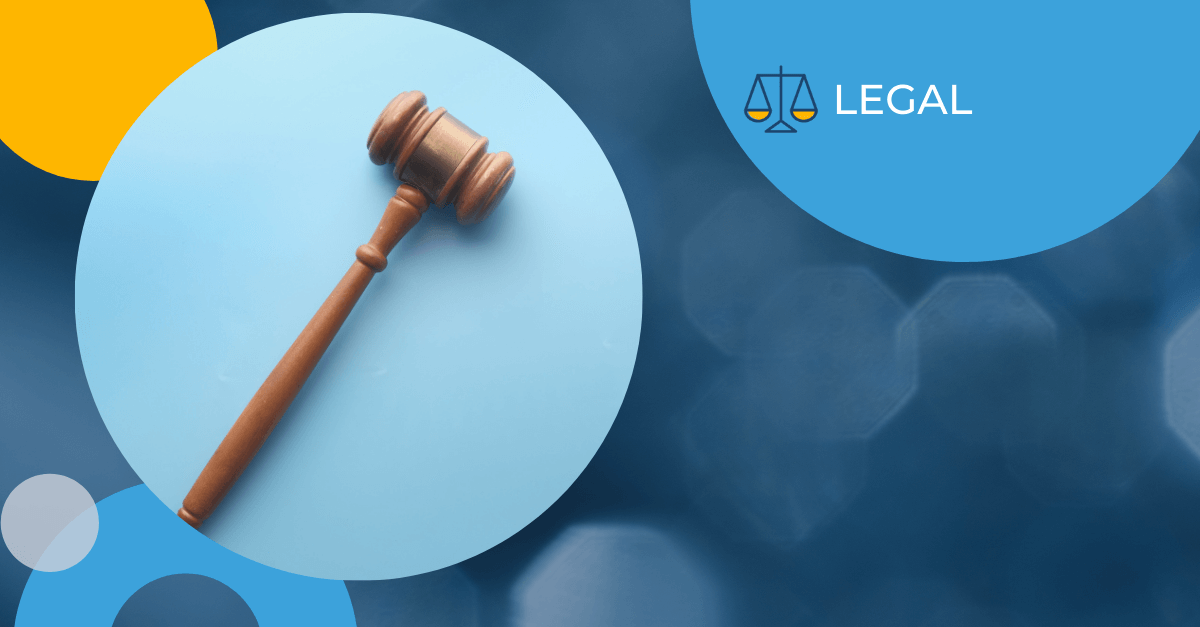Legal proceedings, in general, can be nuanced, but when dealing with cross-border multilingual litigation, there can be the added complexity of a language barrier that must be overcome. Whether for interpretation or translation needs, Morningside is here to help you achieve legal equivalence.
Equivalence in Legal Translations
When we use the word equivalence with respect to legal translations, we are referring to the translation having the same meaning as the source and target language as well as having the same effect and power. For that incredible feat to be achieved, freelancers and LSPs alike need to be able to translate the source into the target language and need to have knowledge with respect to the intended audience and intended use. For the purposes of this blog, they need to understand where the translation will be used and who will need to understand it.
In the United States, court procedures and regulations can vary from state to state. Similarly, they can vary between different countries and even the courts or official departments within that country. Acceptable legal documents can also vary between countries, and some may require legalization in order to be used or recognized outside of the originating country. The most common means of achieving legalization is via an Apostille, but not all countries can provide an Apostille.
Hague Convention
Apostilles were made possible due to the Hague Convention Abolishing the Requirements for Legalization for Foreign Documents but more commonly referred to as the Hague Convention/Apostille Convention. We can further simplify it by thinking of it this way, notarization is applicable with respect to domestic law, while apostille refers to international law. As mentioned above, not all countries are parties to the Apostille Convention; currently, there are 121 contracting parties.
Legal equivalence can be achieved by knowing the intended purpose and audience for your translation. A legal professional with cross-border translation needs should either be familiar with the country-specific requirements with respect to the translation or use a translation vendor with experience and expertise in providing cross-border translation needs. Keep in mind that different regulatory bodies require varying forms of authentication, whether a simple Certificate of Accuracy, one completed by a linguist certified by a specific governing body (ATA, Federal, State), Sworn Translation, Official Translation or Apostille. Achieving legal equivalence starts with a knowledgeable and experienced legal translation or interpretation partner.
Morningside is a recognized leader in comprehensive language solutions for the legal industry. We provide the world’s largest law firms and corporate legal departments with a full suite of services, ranging from the translation of contracts and compliance documentation to full-scale multilingual litigation requiring certified translation and foreign language document review. Find out why 97% of the Am Law 200 and 90+ leading global brands rely on us for their legal language support needs.



